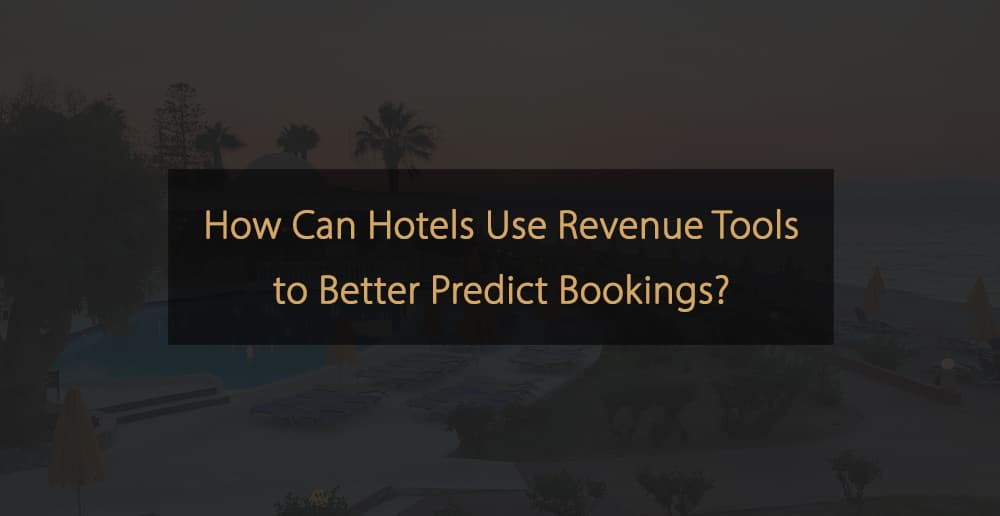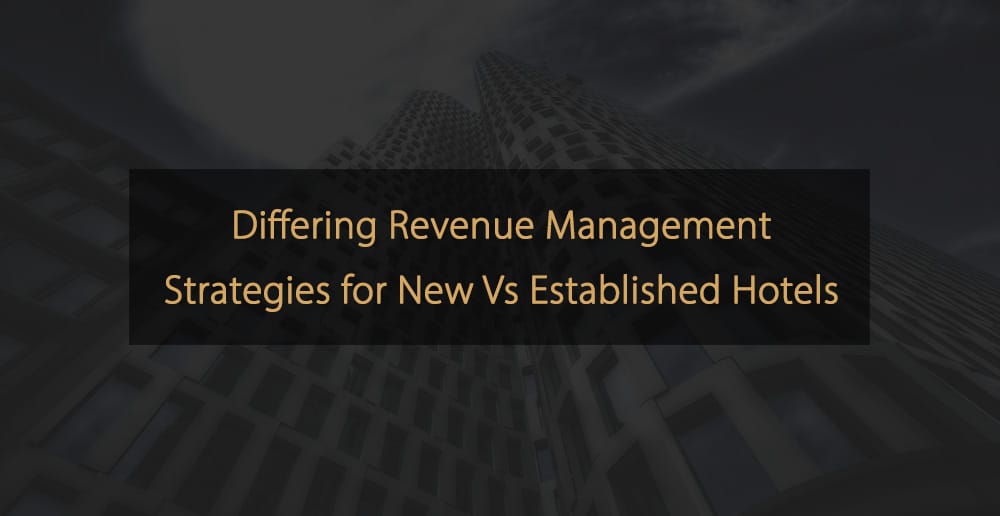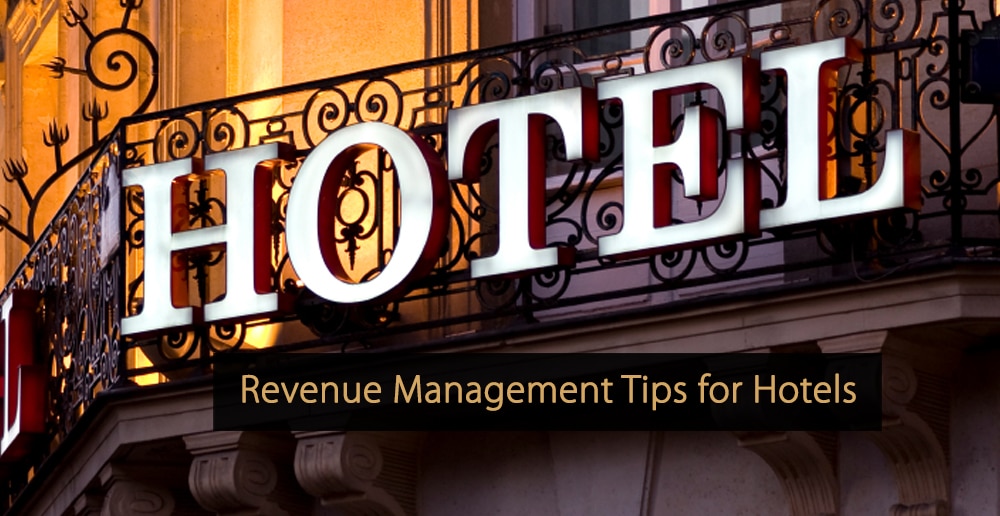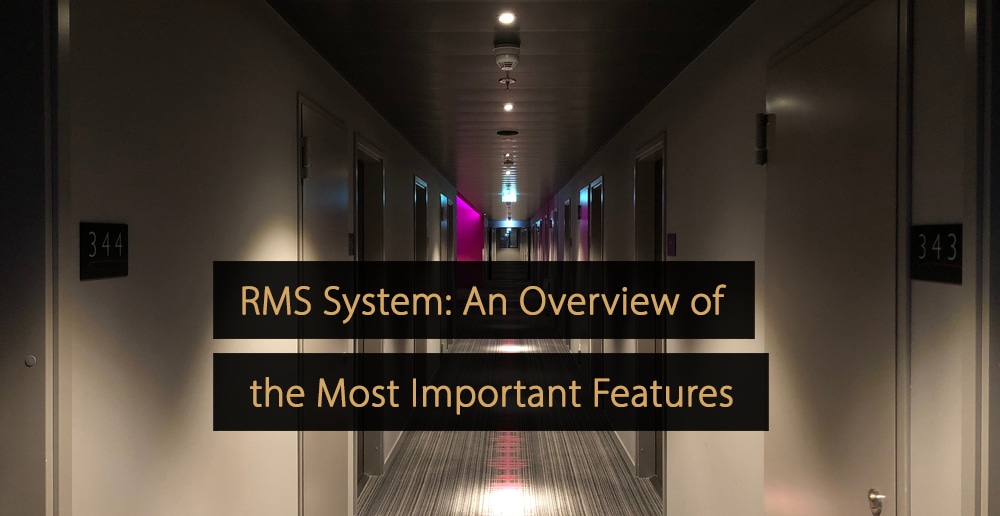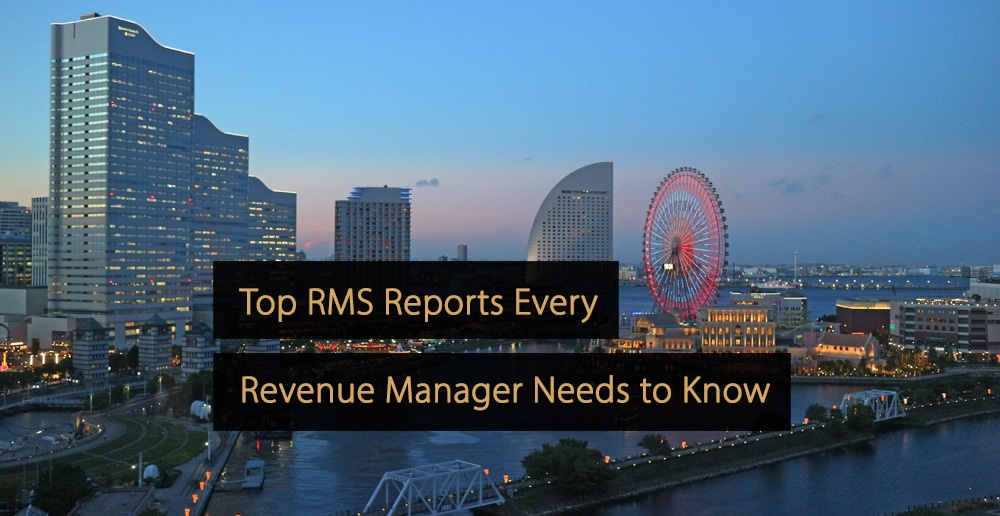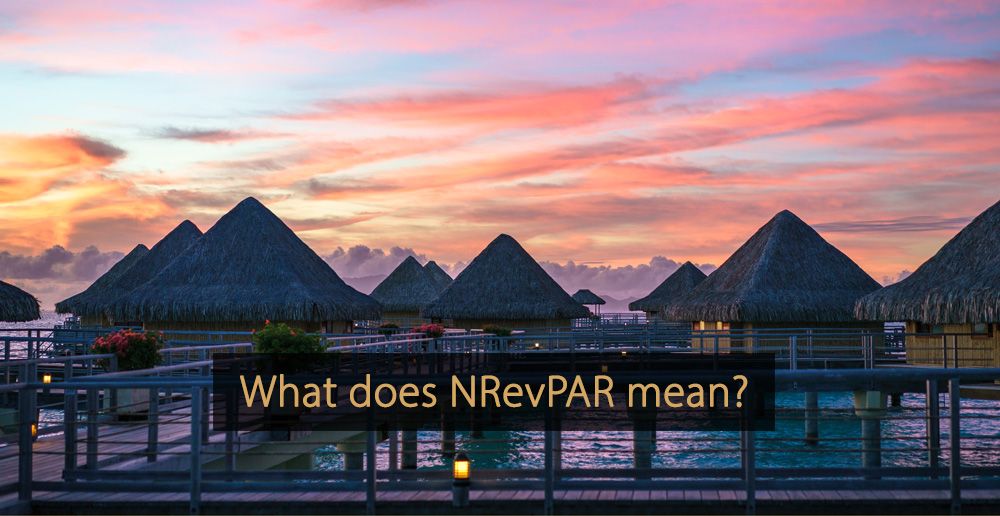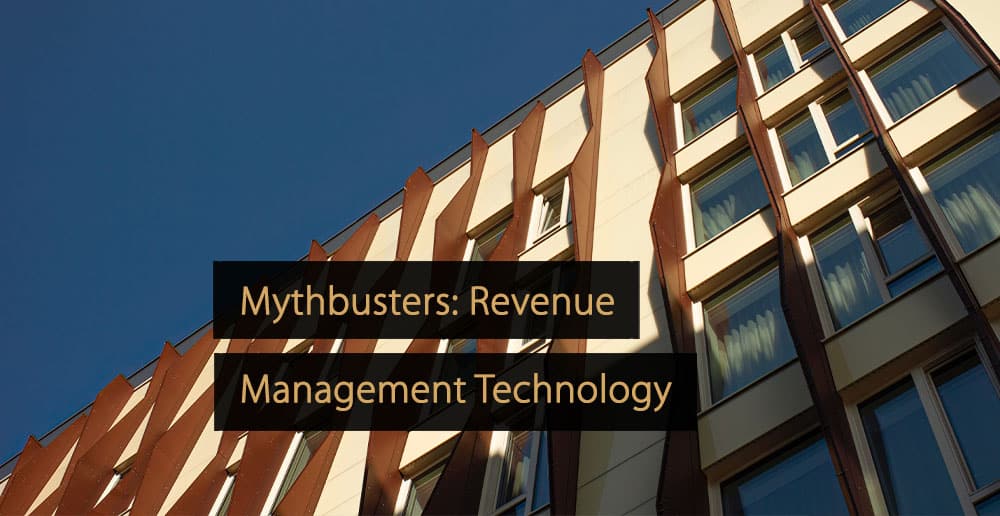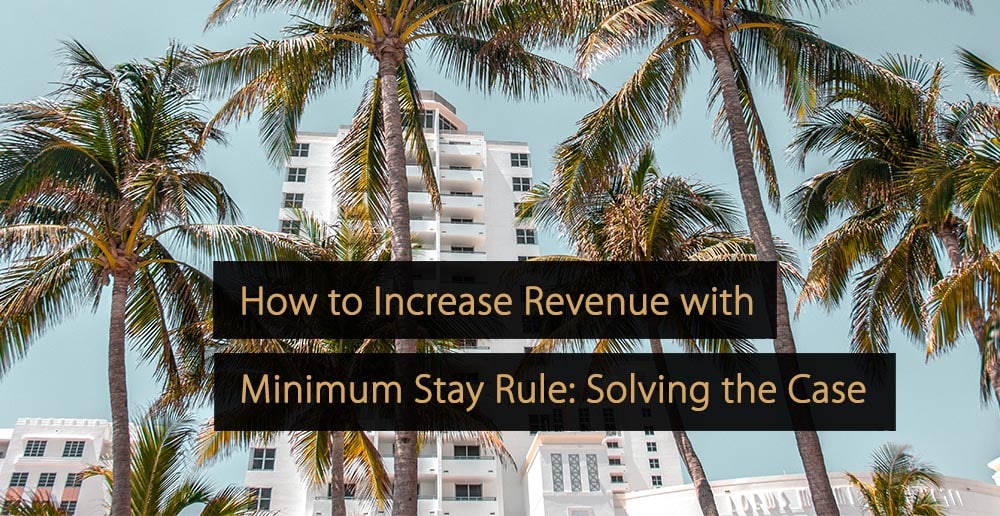How Hotels Use Revenue Tools for Trend Prediction and Guest Insights
Question for Our Revenue Management Expert Panel: How can hospitality organisations leverage revenue management tools more effectively to uncover deeper insights into guest behaviour and forecast booking patterns with greater accuracy? Our Revenue Management Expert Panel Chaya Kowal - Director of Revenue Management, Potato Head Family Pablo Torres - Hotel Consultant Massimiliano Terzulli - Revenue Management Consultant, Franco Grasso Revenue Team Mariska van Heemskerk - Owner, Revenue Management
Differing Revenue Management Strategies for New Vs Established Hotels
Question for Our Revenue Management Expert Panel: What are the recommended revenue management strategies for new hotels / resorts? How do they differ to those used by established properties? Our Revenue Management Expert Panel Dr. Betsy Stringam-Bender - Professor of Hotels & Resorts, New Mexico State University Ricardo Sereno - Revenue Manager, Altis Hotels Dermot Herlihy - Owner, Dynamic Hospitality Consulting Pablo Torres - Director Of Sales Marketing,
20 Revenue Management Tips for Hotels
Revenue management within the hospitality industry involves predicting consumer demand to optimize sales, allowing businesses to sell at the right price to the right customer at the right time. In a hotel, this may mean turning away business now to do more profitable business tomorrow. When carried out correctly, revenue management can be extremely effective, helping companies significantly boost their profit margins. Here, we provide 12 revenue management tips for hotels. Table of Contents: 1.
5 Revenue Management Tips for Beach, City, Mountain, or Countryside Hotels
As a hotelier, you know your hotel faces unique revenue management challenges. Your location, primary types of travelers, and the season of the year all play into profitable pricing strategies. This article addresses specific ways to improve your revenue and profitability, regardless of location or seasonality. Revenue Management Tips for Beach, City, Mountain, or Countryside Hotels Some of these tips are essential to savvy revenue management practices regardless of location or seasonality. For instance, the
RMS System: An Overview of the Most Important Features
Revenue management is an important concept for those in the hotel industry. A revenue management system (RMS system) can go a long way towards ensuring you make informed decisions, based on evidence and data. In this article, you will learn more about RMS software, and the most important features to look out for. What is Revenue Management? Revenue management is making the right strategic and tactical decisions, to maximize the revenue you generate. To achieve this,
Do Small Hotels Need a RMS? How to Overcome the 6 Challenges?
As a hotelier, you have a lot on your plate. From taking care of your staff and guests to managing your online presence, bills and housekeeping - it’s no easy task. But even so, it is imperative you do not overlook one of the most important things to manage: your hotel revenue. In this article, you will learn what the advantages are of a revenue management system (RMS) for smaller hotels and how it helps
Top RMS Reports Every Hotel Revenue Manager Needs to Know
Revenue managers have no shortage of data at their fingertips. To visualize that data in an understandable and actionable way, here are some top RMS reports that every revenue manager should be familiar with. RMS Reports Every Hotel Revenue Manager Needs to Know Below you'll find the top revenue management reports that every revenue manager should be familiar with to visualize data understandably. Pace Report The pace report reveals how well your pricing strategies are
NRevPAR Clearly Explained!
Net revenue per available room, or NRevPAR, is used by those within the hotel industry as part of a wider revenue management strategy, helping them to assess overall business performance. As a KPI, the NRevPAR metric is similar to RevPAR, but factors in distribution costs. Therefore, it is arguably a
Moving Ahead Towards The Light: The Hospitality Industry’s New Trials and Possibilities
There's no doubt that 2022 brought terrific developments for the hospitality industry. Most countries reopened their borders and did away with travel restrictions, and demand matched or even exceeded 2019 levels. However, it's not smooth sailing all around. Our sector faced many ongoing challenges due to the pandemic, and some
Considering a New Hospitality RMS? Watch Out for These 4 Myths
So, you’re thinking about upgrading to a more effective revenue management system (RMS) for your hospitality organization, but you have some doubts. Maybe you’re thinking: It’s too costly to install a different RM Learning a new system will take too much of my staff’s bandwidth My new system will take
Mythbusters: Revenue Management Technology
Do you run a smaller hotel or B&B that uses only manual processes to manage all your reservations, pricing, and inventory allocation? Have you avoided implementing technology to help support your internal operations because you worried that the solutions would cause more problems than they would solve? If so, then
How to Increase Revenue with Minimum Stay Rule: Solving the Case, Sherlock Holmes Style.
Imagine yourself as the Sherlock Holmes of hospitality, piecing together clues to solve the case of boosting your hotel’s revenue. One of the intriguing clues? Minimum stay restrictions. This strategy might seem simple, but when used correctly, it can open the door to higher occupancy rates and increased revenue. In
4 Steps for Improving Meetings & Events Revenue Performance
Revenue leaders across the globe devote a considerable amount of their efforts to driving room revenue performance. It’s an understandable decision, given that rooms are the obvious staple of any hotel operation and there are only so many hours in a day. 4 Steps for Improving Meetings & Events Revenue

